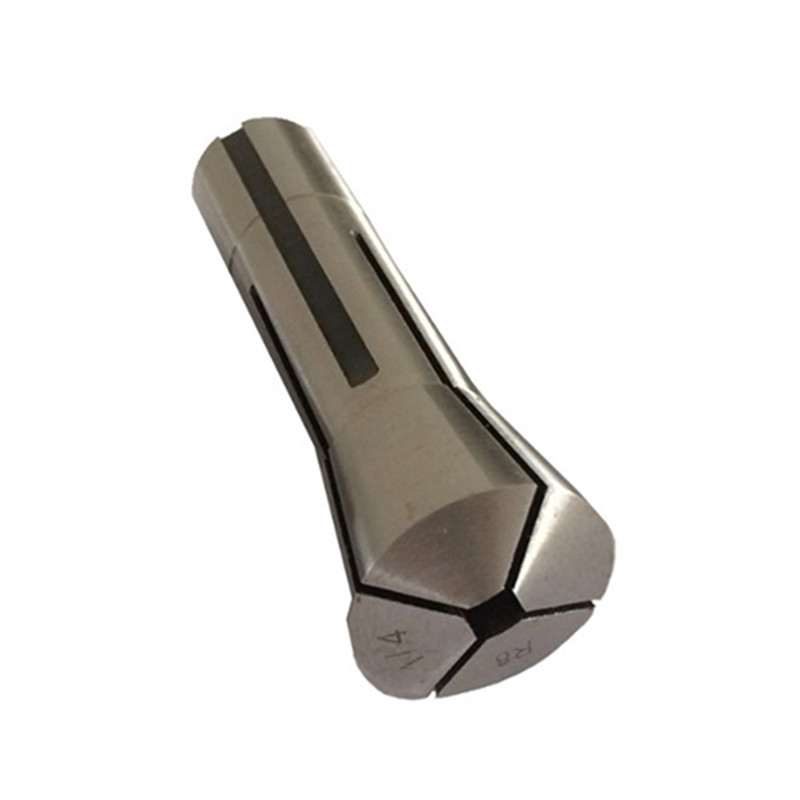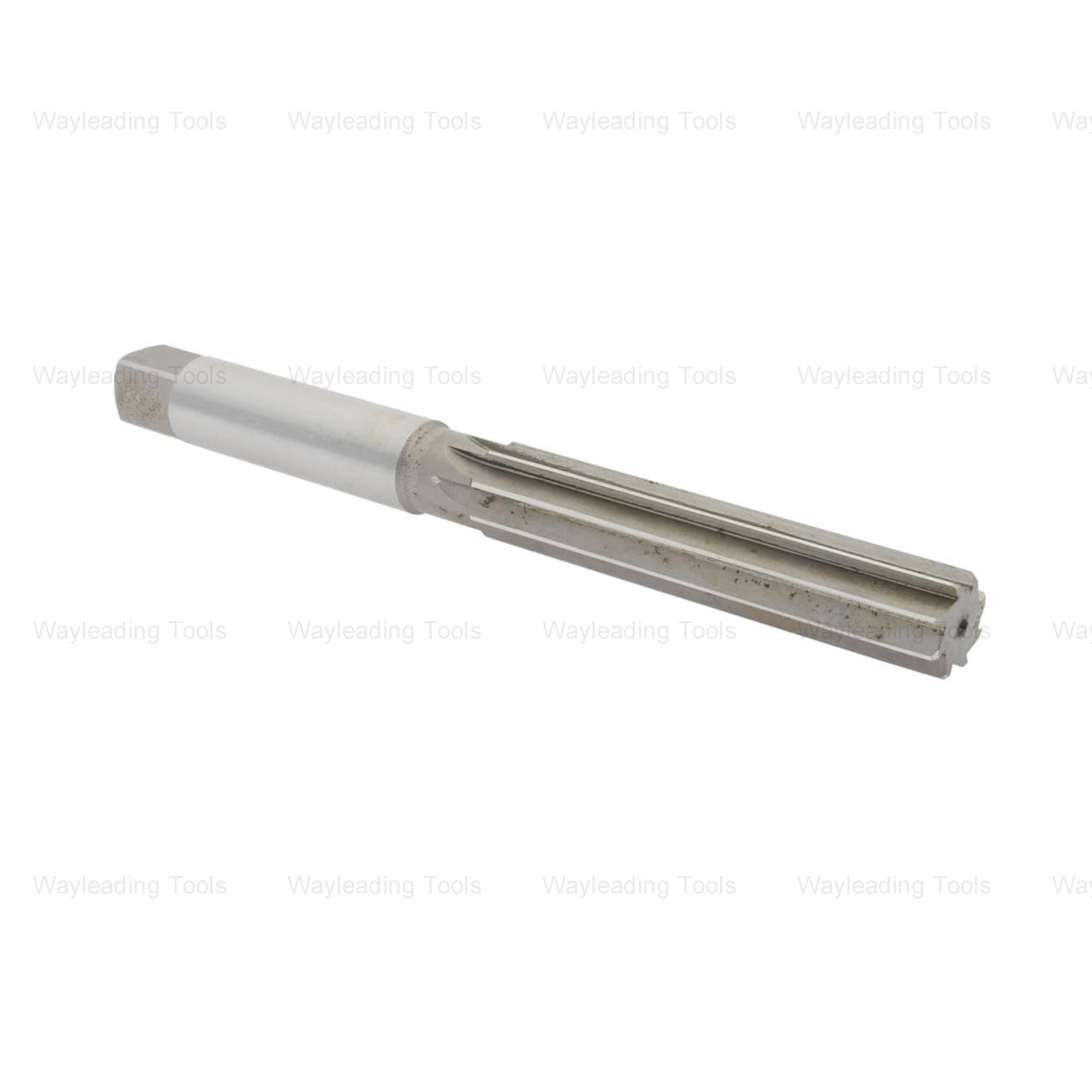die nut Manufacturer
Understanding die nuts involves knowing their purpose, types, and applications. They are crucial for thread repair, cleaning, and recutting. This guide explores die nuts, focusing on manufacturers, materials, usage, and maintenance, to help you make informed decisions.
Understanding Die Nut Manufacturers and Their Products
Die nuts are essential tools used in various industries for thread repair and maintenance. Selecting the right die nut manufacturer is crucial for ensuring quality, precision, and durability. This guide delves into the world of die nuts, exploring different types, materials, and applications, while highlighting reputable die nut manufacturers like Wayleading Tools (though we focus on providing general information rather than direct promotion). Knowing what to look for when choosing a die nut manufacturer can significantly impact the efficiency and effectiveness of your projects.
What is a Die Nut?
A die nut is a specialized type of nut used for repairing or cleaning damaged threads on bolts and studs. Unlike standard nuts that are used for fastening, die nuts have cutting edges that reshape or remove material from damaged threads. They are an invaluable tool for mechanics, machinists, and anyone working with threaded fasteners.
Purpose of Die Nuts
- Thread Repair: Restoring damaged or stripped threads on bolts and studs.
- Thread Cleaning: Removing rust, dirt, and other debris from threads.
- Thread Recutting: Recutting damaged threads to ensure proper fit and function.
Types of Die Nuts
Die nuts come in various shapes and sizes to accommodate different thread types and diameters. The most common types include:
- Hexagon Die Nuts: These are the most common type and can be used with standard wrenches.
- Round Die Nuts: These require a special wrench or holder.
- Adjustable Die Nuts: These allow for slight adjustments to the cutting edges, providing greater flexibility.
Materials Used in Die Nuts
The material used to manufacture die nuts significantly impacts their performance and lifespan. Common materials include:
- Carbon Steel: Suitable for general-purpose applications.
- High-Speed Steel (HSS): Offers superior hardness and wear resistance.
- Alloy Steel: Provides a balance of strength and toughness.
Choosing the Right Die Nut Manufacturer
Selecting a reliable die nut manufacturer ensures you receive high-quality tools that perform consistently and last longer. Here are some factors to consider:
Quality and Precision
A reputable die nut manufacturer should adhere to strict quality control standards to ensure that their die nuts are precisely machined and heat-treated. Precision is crucial for proper thread repair and cleaning.
Material Selection
The die nut manufacturer should use high-quality materials that are appropriate for the intended application. High-Speed Steel (HSS) die nuts are generally preferred for demanding applications.
Product Range
A good die nut manufacturer should offer a wide range of die nuts in different sizes and thread types to meet various needs. This includes both standard and metric sizes.
Customer Support
A die nut manufacturer that provides excellent customer support can assist you with selecting the right die nuts for your specific application and provide technical assistance.
How to Use a Die Nut
Using a die nut correctly is essential for achieving the desired results and avoiding damage to the tool or the workpiece. Here are the basic steps:
- Prepare the Workpiece: Clean the damaged threads with a wire brush to remove any loose debris.
- Select the Correct Die Nut: Choose a die nut that matches the thread type and diameter of the bolt or stud.
- Lubricate the Threads: Apply cutting oil or lubricant to the threads to reduce friction and heat.
- Install the Die Nut: Place the die nut over the damaged threads and turn it slowly in the direction of the thread.
- Apply Gentle Pressure: Apply gentle, even pressure while turning the die nut. Avoid forcing it, as this can damage the threads or the tool.
- Remove the Die Nut: Once the die nut has passed over the damaged threads, remove it and inspect the threads.
- Clean the Threads: Clean the threads with a wire brush and apply lubricant.
Maintaining Your Die Nuts
Proper maintenance can significantly extend the life of your die nuts. Here are some tips:
- Clean After Each Use: Clean your die nuts after each use to remove any debris or metal shavings.
- Lubricate Regularly: Lubricate your die nuts regularly to prevent rust and corrosion.
- Store Properly: Store your die nuts in a dry, secure location to protect them from damage.
Applications of Die Nuts
Die nuts are used in a wide range of applications, including:
- Automotive Repair: Repairing damaged threads on bolts, studs, and spark plugs.
- Manufacturing: Cleaning and recutting threads on machined parts.
- Construction: Repairing damaged threads on threaded rods and fasteners.
- Maintenance: Maintaining threads on equipment and machinery.
Benefits of Using High-Quality Die Nuts
Investing in high-quality die nuts from a reputable die nut manufacturer offers several benefits:
- Improved Performance: High-quality die nuts provide precise and consistent results.
- Increased Durability: High-quality die nuts are made from durable materials that can withstand repeated use.
- Reduced Downtime: High-quality die nuts are less likely to break or wear out, reducing downtime and maintenance costs.
- Enhanced Safety: High-quality die nuts are designed to be safe and easy to use, reducing the risk of injury.
Finding a Reliable Die Nut Manufacturer
Identifying a reliable die nut manufacturer requires research and careful consideration. Look for manufacturers with a proven track record of producing high-quality tools and providing excellent customer support. Consider reading online reviews and testimonials to get a sense of the manufacturer's reputation.
Cost Considerations
While the initial cost of high-quality die nuts may be higher, they offer better long-term value compared to cheaper alternatives. High-quality die nuts last longer, perform better, and reduce the risk of damage to the workpiece.
Industry Standards and Certifications
Ensure that the die nut manufacturer adheres to relevant industry standards and certifications. This ensures that their die nuts meet the required quality and performance criteria.
The Future of Die Nuts
As technology advances, die nuts are likely to become even more precise and efficient. Manufacturers may incorporate new materials and designs to improve their performance and durability. The demand for high-quality die nuts will continue to grow as industries increasingly rely on threaded fasteners.
Example Table: Comparing Different Die Nut Materials
| Material | Hardness | Wear Resistance | Cost | Typical Applications |
|---|---|---|---|---|
| Carbon Steel | Moderate | Moderate | Low | General purpose |
| High-Speed Steel (HSS) | High | High | Moderate to High | Demanding applications, high-volume thread repair |
| Alloy Steel | Moderate to High | Moderate | Moderate | Applications requiring a balance of strength and toughness |
Conclusion
Choosing the right die nuts and a reliable die nut manufacturer is essential for successful thread repair and maintenance. By considering the factors outlined in this guide, you can ensure that you select high-quality tools that meet your specific needs. Understanding the different types of die nuts, materials, and applications will enable you to make informed decisions and achieve optimal results. Remember, investing in quality tools from a reputable manufacturer like Wayleading Tools pays off in the long run through improved performance, increased durability, and reduced downtime.
Related products
Related products
Best selling products
Best selling products-
 Precision Dial Test Indicator Holder For Industrial
Precision Dial Test Indicator Holder For Industrial -
 Precision IP54 Digital Outside Micrometer Of Inch & Metric With Data Output
Precision IP54 Digital Outside Micrometer Of Inch & Metric With Data Output -
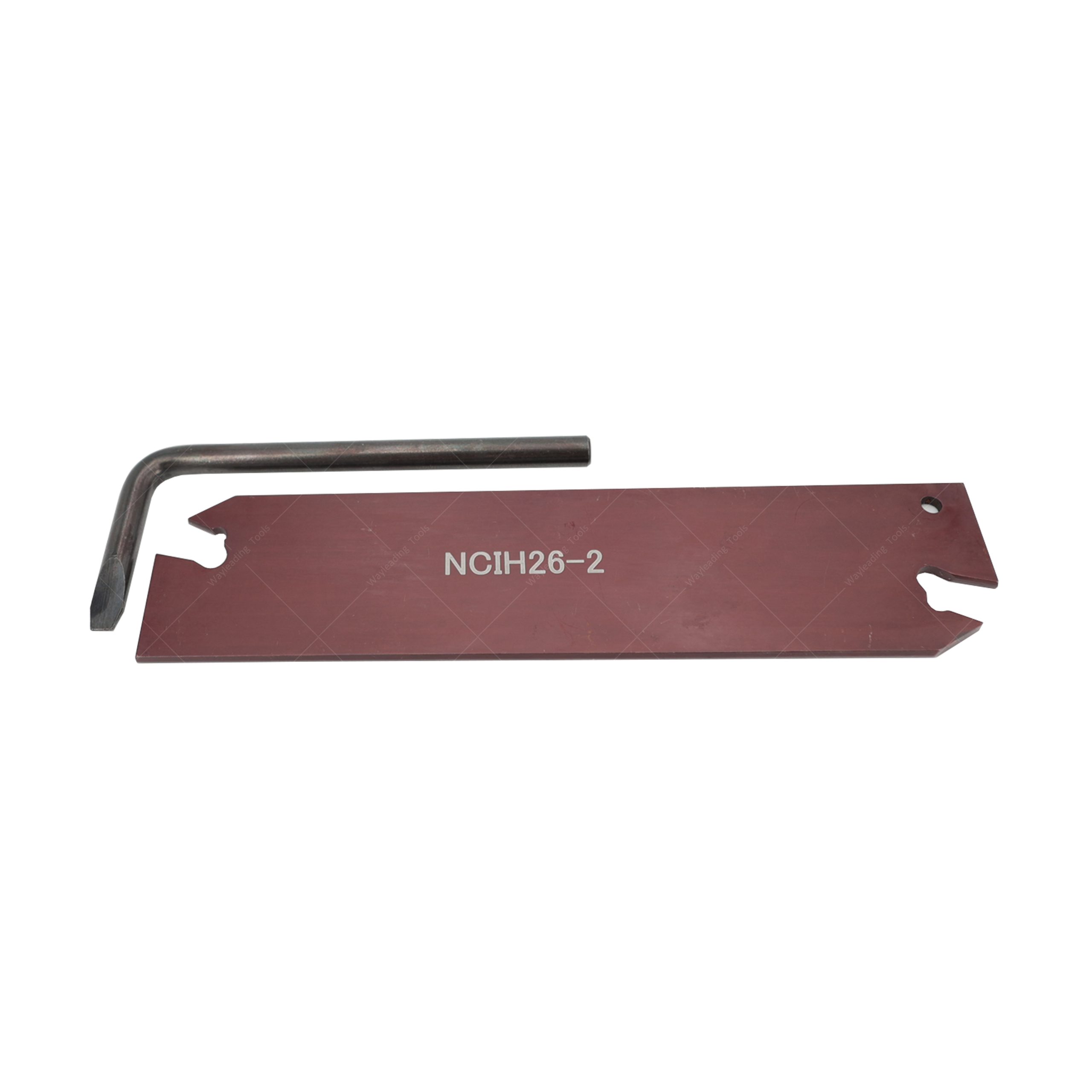 Parting & Grooving Tool Blades For GTN Blades
Parting & Grooving Tool Blades For GTN Blades -
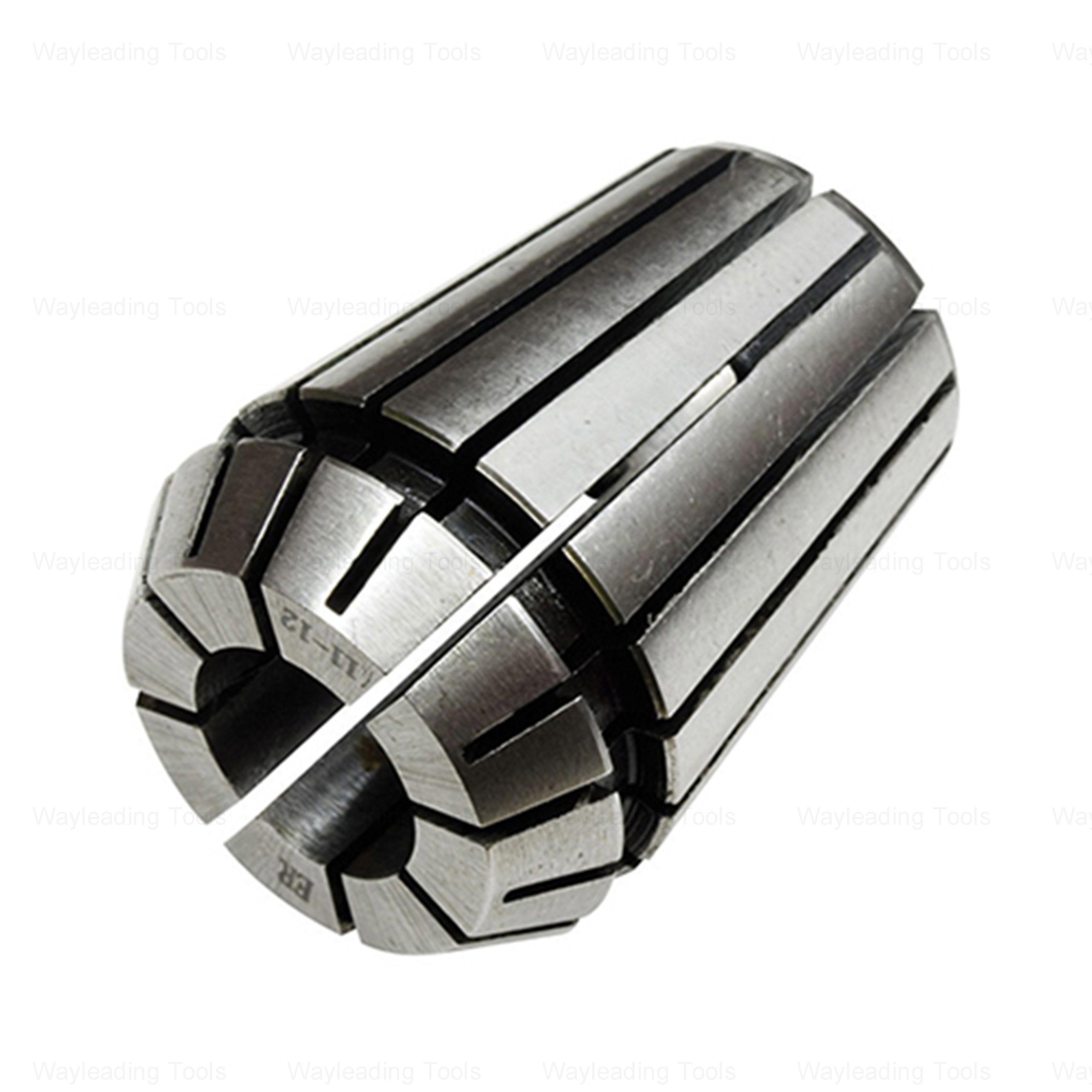 Metric ER Collets – High Precision, for Milling Applications
Metric ER Collets – High Precision, for Milling Applications -
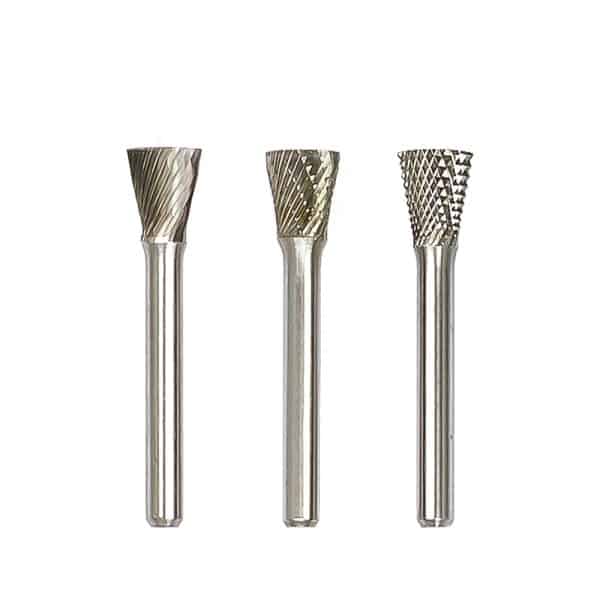 Type N Inverted Cone Tungsten Carbide Rotary Burr
Type N Inverted Cone Tungsten Carbide Rotary Burr -
 Inch HSS 1/2″ Reduce Shank Drill Bit For Metal Cutting Of High Precision
Inch HSS 1/2″ Reduce Shank Drill Bit For Metal Cutting Of High Precision -
 HSS Metric Taper Shank Twist Drills for High-Precision Metal Cutting
HSS Metric Taper Shank Twist Drills for High-Precision Metal Cutting -
 Parting & Grooving Tool Set With SLTB Blcok, NCIH Blades, GTN Inserts
Parting & Grooving Tool Set With SLTB Blcok, NCIH Blades, GTN Inserts -
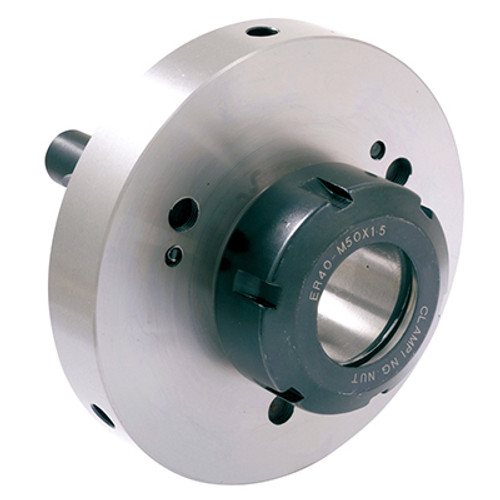 Camlock ER Collet Fixture With Lathe Collet Chuck
Camlock ER Collet Fixture With Lathe Collet Chuck -
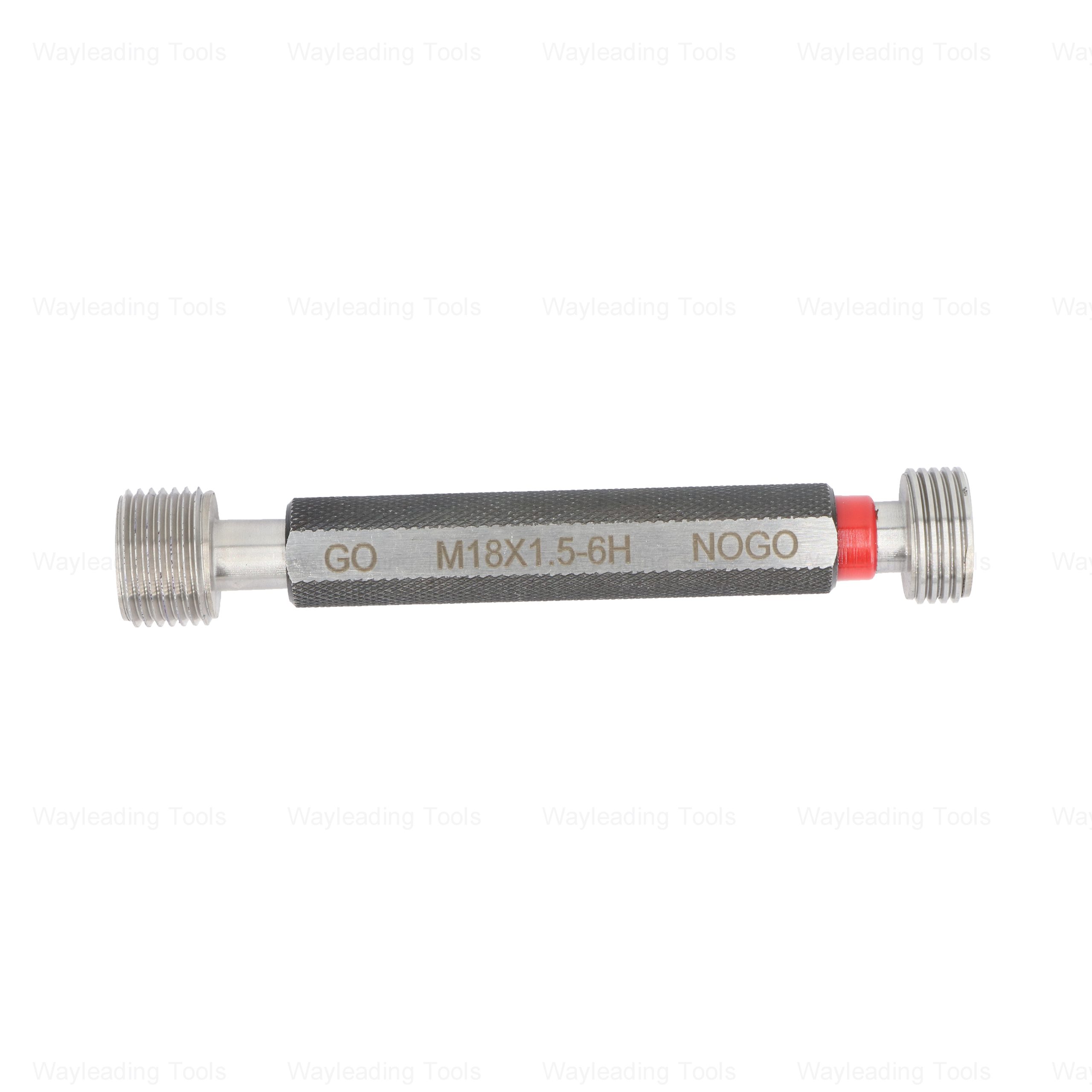 High-Precision Metric Thread Plug Gauge – 6H Class, GO & NO-GO Ends
High-Precision Metric Thread Plug Gauge – 6H Class, GO & NO-GO Ends -
 Type A Cylinder Tungsten Carbide Rotary Burr
Type A Cylinder Tungsten Carbide Rotary Burr -
 Precision V Block And Clamps Set With Heavy Duty
Precision V Block And Clamps Set With Heavy Duty



